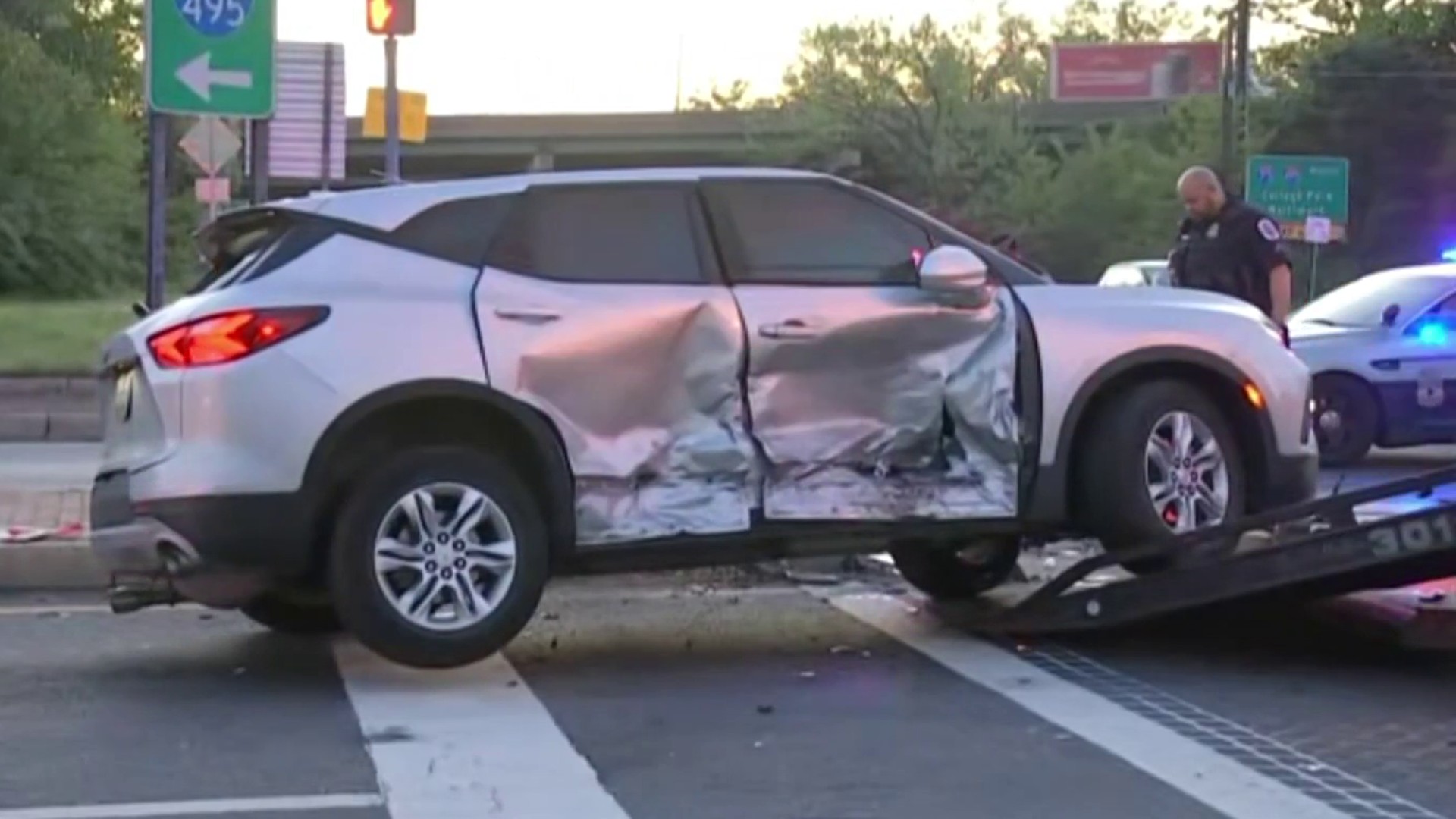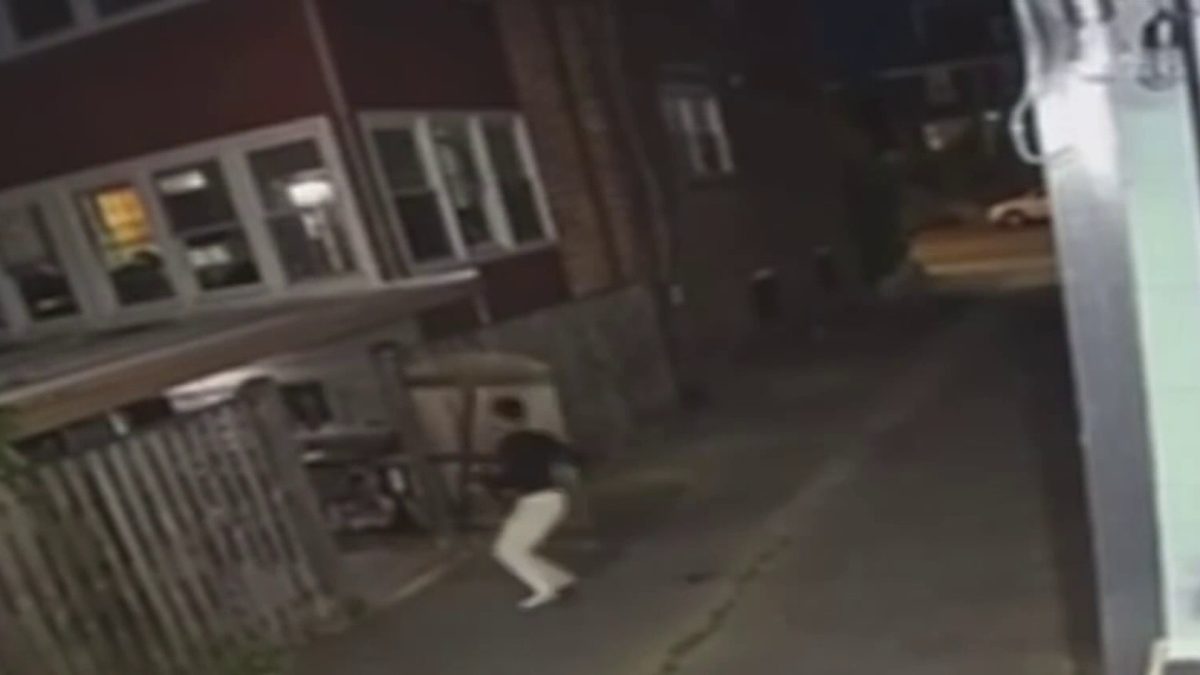ANNAPOLIS, Md. -- Police could pull over drivers and fine them if they send text messages from a hand-held device while driving, under a measure given preliminary approval by the Maryland Senate on Friday.
The legislation would create a maximum $500 fine for a violation, which would be a misdemeanor.
Sen. Robert Zirkin, D-Baltimore County, tried but failed to amend the bill to make violations a secondary offense. That means police would not have been able to pull over a driver only for sending a text message.
Some critics have argued that it would be hard for police to know if someone is using a cell phone to send a text or make a call, which wouldn't be a violation. Proponents of the text messaging ban say it's more dangerous to send texts than to talk on the phone, because people generally have to take their eyes off the road to send a text.
"I think we should go slow on this, since we have been debating this for years," Zirkin said.
But Sen. James Robey, a former Howard County police chief, said it isn't hard for police to tell the difference, because people placing calls put the device up to their ears, while people sending text messages tend to look down for periods of time.
"I think we need to take this bad situation out of the hands of these folks," said Robey, D-Howard.
Local
Washington, D.C., Maryland and Virginia local news, events and information
Zirkin's amendment was rejected on a 16-31 vote.
There currently are no restrictions on adults in Maryland for using hand-held telephones or electronic devices while driving. A minor with a provisional driver's license or learner's permit is not allowed to use a wireless communication device while driving, except to call 911.
Sen. Andrew Harris, R-Baltimore County, tried to amend the bill so that police could pull someone over but not issue a fine, unless the texting caused an accident.
"I think that's deterrent enough for a lot of people," Harris said.
But Sen. Norman Stone, D-Baltimore County, said that wouldn't send a strong enough message.
"We're trying to prevent accidents," Stone said. "We're trying to prevent injuries. We're trying to prevent deaths. There's no question that this is a dangerous, dangerous practice."
The amendment failed 13-34.
Currently, seven states and the District of Columbia prohibit driving while texting.



